Green architecture – Cooper Vineyards Tasting Room
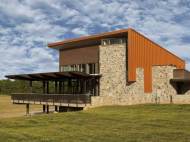 Owners of the Cooper Vineyards in Louisa County believed that there was no better place than a vineyard and winery to design and build a “green building” where the goal of the entire operation is to transform sunlight into wine. Winery’s tasting room that officially opened in 2011 has been awarded with LEED Platinum certification for the sustainable features incorporated into the building.
Owners of the Cooper Vineyards in Louisa County believed that there was no better place than a vineyard and winery to design and build a “green building” where the goal of the entire operation is to transform sunlight into wine. Winery’s tasting room that officially opened in 2011 has been awarded with LEED Platinum certification for the sustainable features incorporated into the building.
Designed by Baskervill, the nearly 465-square-meter (5,000-square-foot) building is designed to be energy efficient and designed to create inviting atmosphere for winery visitors. In addition to incorporating the renewable and sustainable features listed below, the architectural design of the main tasting room, with two complete walls of glass that extend up for two stories makes the visitor feel as though the surrounding vineyard is part of the tasting room inside.
The use of natural and local materials such as finishes stone, wood, and glass in construction of the building make it blend into its surroundings, thus creating the impression that the wine tasting room is an outgrowth of the vineyard itself. The main building holds the vineyard’s offices, kitchen, and tasting room.
In order to lower the needs for cooling and heating the building is insulated with Structurally Insulated Panel System (SIPS) which provides 70% greater insulation value over traditional stick frame construction. Combined with energy-efficient windows and on-site renewable energy with both active and passive solar techniques and geothermal water-cooled heat pumps, the strategy provides 87% reduction in heating and 46% reduction in cooling energy needs.
The building has a 5.88kW solar panel system which provides between 15% and 30% of building’s needs depending on the season, and it works on net metering principle which enables them to sell any excess generated energy to their power provider. The building also features solar light tubes to increase the amount of indoor natural daylighting as well as energy-efficient lighting to lower energy needs for lighting.
Building’s main roof and roof on the deck are connected to a rainwater harvesting system which stores the collected water in an 11,000-litre (3,000-gallon) tank. Stored rainwater is filtered for irrigation and toilets where blue dye is added to the water in order to emphasize the fact it is recycled water.
Extensive use of reclaimed and locally sourced materials, including stone from the Shenandoah Valley and native Cypress siding. The building was constructed with more than 50% of recycled and/or rapidly renewable resources and 95% of waste materials produced by the building’s construction were recyclable. The curve tasting bar’s countertop was made by Concrete Ideas which used cast cement in order to lower the waste which would occur if it was cut.
According to architect and designer of the tasting room project Michael Pellis, AIA, LEED AP BD+C, after one year the Cooper Vineyards Tasting Room managed to achieve 67% performance over a code-minimum measurement and he anticipates an ever greater performance next year.

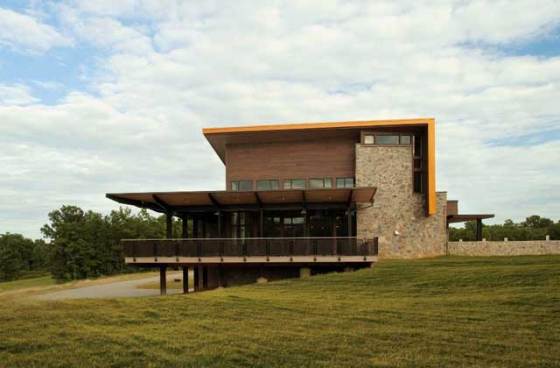
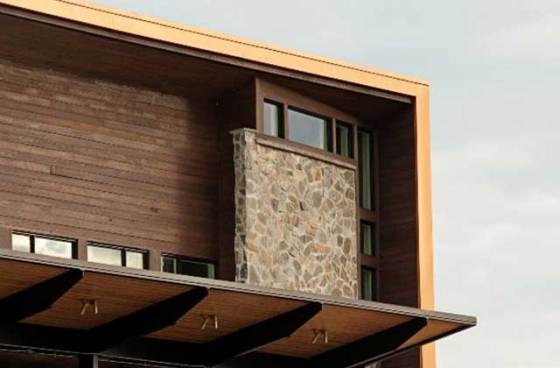
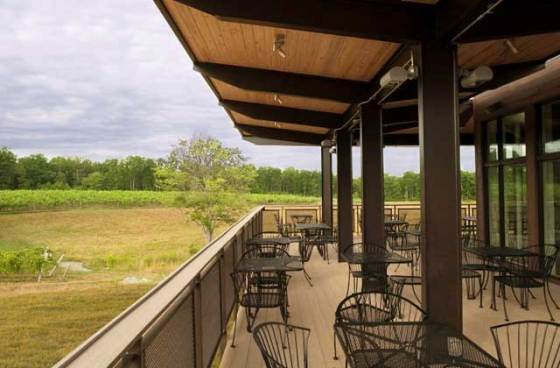
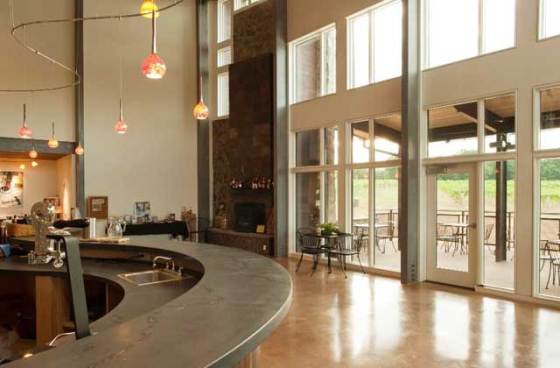
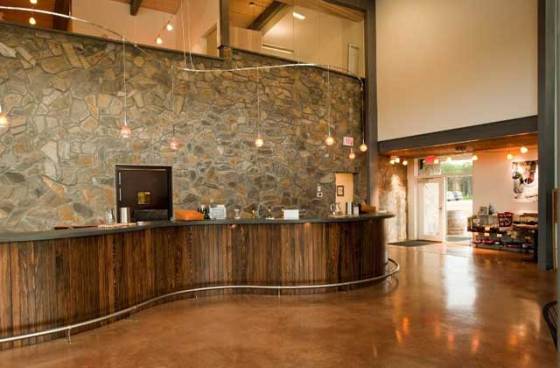
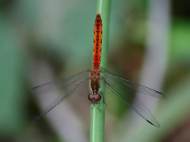
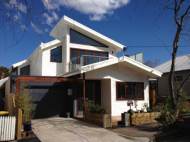
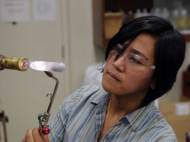
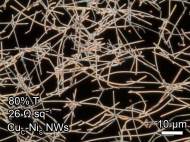
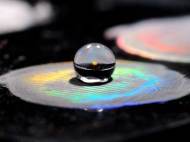
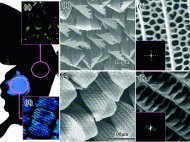
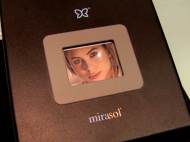
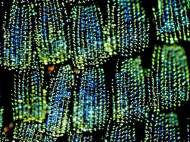
The solar light tubes are a great deal at this website http://www.tubesolar.net. They are one of the few places I have found that offer a lifetime warranty and are hurricane rated. Cheers!